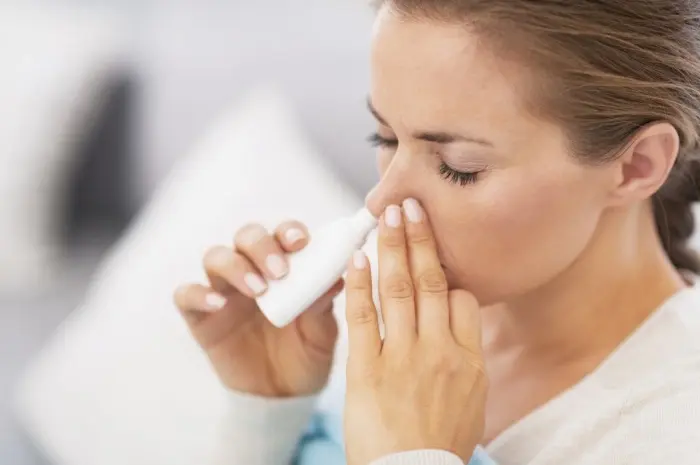Allergies, affecting millions worldwide, are not just a minor inconvenience but a significant health concern. They range from mild irritations to potentially life-threatening reactions. Allergic reactions are caused when the immune system overreacts to harmless substances, known as allergens, found in the environment.
Common allergens include pollen, dust mites, mold, pet dander, and certain foods. While medications can help manage symptoms, lifestyle changes can be a powerful tool in reducing allergic reactions and improving overall health.
Understanding Allergies
Before delving into lifestyle changes, it’s important to understand what allergies are and how they affect the body. An allergic reaction occurs when the immune system mistakenly identifies a harmless substance as a threat and produces antibodies to combat it. This triggers the release of histamine and other chemicals, leading to symptoms like sneezing, itching, and swelling.
Common Types of Allergies:
- Seasonal Allergies (Hay Fever): Caused primarily by pollen from trees, grasses, and weeds.
- Perennial Allergies: Triggered by indoor allergens like dust mites, pet dander, and mold.
- Food Allergies: Common triggers include peanuts, tree nuts, milk, eggs, wheat, soy, fish, and shellfish.
- Skin Allergies: Such as contact dermatitis, caused by reactions to substances like latex or nickel.
Lifestyle Changes to Combat Allergies
Indoor Air Quality
- Reduce Dust and Dander: Regular cleaning, using a vacuum with a HEPA filter, can significantly reduce allergens in your home.
- Control Humidity: Use dehumidifiers to keep humidity levels between 30-50% to deter dust mites and mold growth.
Air Purifiers: HEPA air purifiers can help remove airborne allergens.
Diet and Nutrition
- Anti-Inflammatory Foods: A diet rich in fruits, vegetables, and omega-3 fatty acids can reduce inflammation and allergy symptoms.
- Hydration: Staying well-hydrated helps thin mucus, alleviating congestion.
- Avoid Food Allergens: Identifying and avoiding foods that trigger allergies is crucial.
Lifestyle Habits
- Exercise Regularly: Physical activity can strengthen the immune system and improve respiratory health.
- Stress Management: Stress can exacerbate allergies, so practices like yoga and meditation can be beneficial.
- Adequate Sleep: Ensure enough sleep as it helps regulate the immune system.
Outdoor Strategies
- Pollen Awareness: Keep track of pollen counts and limit outdoor activities when counts are high.
- Protective Clothing: Wearing sunglasses and hats can reduce pollen exposure.
- Shower After Being Outdoors: This helps remove pollen from skin and hair.
Natural Remedies
- Saline Nasal Rinses: Can help clear allergens from nasal passages.
- Honey: Local honey, consumed regularly, might help build tolerance to local pollen.
- Herbal Supplements: Some find relief with supplements like butterbur or quercetin, but consult a healthcare provider before starting any supplement.
When to Seek Medical Advice
While lifestyle changes can significantly improve allergy symptoms, they are not a substitute for professional medical advice. If symptoms are severe or persistent, it’s crucial to consult a healthcare professional. They can provide a proper diagnosis and suggest a treatment plan, which may include medications or allergy shots (immunotherapy).
Conclusion
Living with allergies can be challenging, but incorporating these lifestyle changes can greatly alleviate symptoms and improve quality of life. It’s about creating a holistic approach that combines environmental control, diet, exercise, and stress management.
Remember, each individual is unique, and what works for one person may not work for another. Therefore, it’s important to experiment and find what best suits your specific needs and circumstances. With these strategies, you can look forward to more comfortable and enjoyable days, free from the constraints of allergies.











